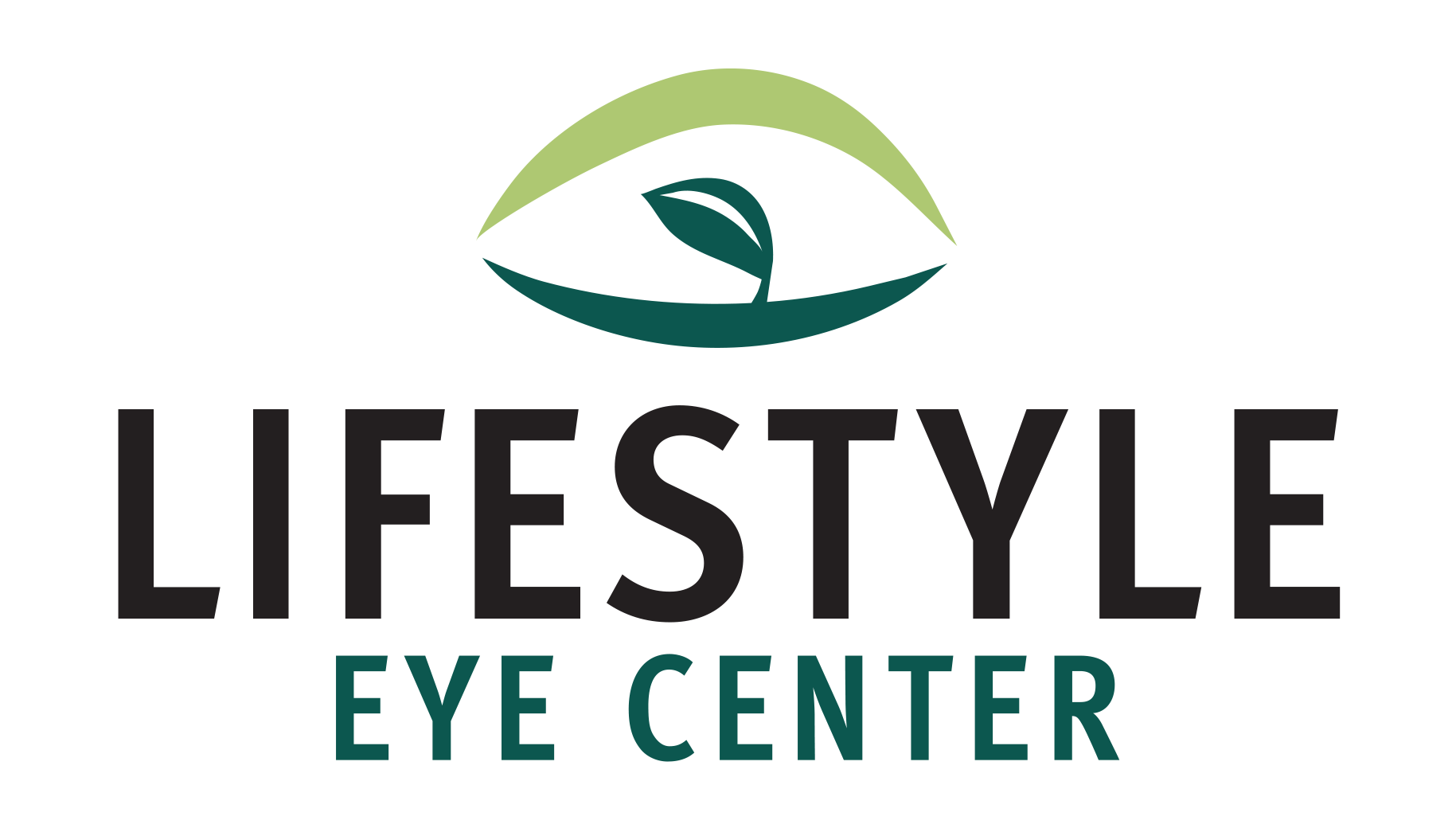Cataract Symptoms & Surgery
Arthur W. Giebel, MD is an ophthalmologist specializing in cataract surgery and has been in the field for over 20 years. A trusted and skilled surgeon, Dr. Giebel has performed thousands of cataract surgeries. He will work closely with you to make sure that you receive the highest quality care.
WHAT IS A CATARACT?
Each of our eyes has a built-in lens that helps to focus our vision. Normally it is clear and soft, but as we age it can begin to cloud and become dense. This causes blurred vision because the light is being blocked and scattered across the retina. This cloudy lens is called a cataract.
WHAT CAUSES CATARACTS?
Research shows that if we lived long enough, we would all develop cataracts eventually. In general, anything that causes aging causes increased risk of cataracts. By practicing good daily habits and making healthy choices, you can decrease your risk greatly.
We advise that you follow a balanced plant-based diet and avoid refined, fatty and sugary foods. It is also important to get regular exercise, fresh air, and to drink plenty of water. We also advise our patients to avoid smoking and consumption of alcohol.
CATARACT SYMPTOMS
Clouded, blurred or dim vision
Increasing difficulty with vision at night
Sensitivity to light and glare
Need for brighter light for reading and other activities
Seeing “halos” around lights
Frequent changes in eyeglass or contact lens prescription
Fading or yellowing of colors
Double vision in a single eye
TREATING CATARACTS WITH CATARACT SURGERY
Cataract surgery is considered one of the safest surgical procedures in the world of medicine. Technology advancements have enabled doctors to perform surgery without sutures and with a visual recovery time that can be less than 24 hours.
During the procedure, patients remain awake, with the option of a sedative to help with relaxation. The eye is numbed, and patients do not feel anything beyond the doctor’s hand occasionally on the forehead. A minor incision is made along the edge of the cornea. This incision is microscopic and will heal on its own. Next, the doctor will remove the clouded lens and all remaining build up. The intraocular lens is folded and inserted through the incision, where it lays in place of the old clouded lens. And that is the procedure!
Afterward, the eye will be taped shut until the anesthesia wears off, and an eye cover will be provided for extra safety. After a couple of hours, many patients begin to see vision improvement. And within 24-48 hours are back to doing their normal activities – apart from driving.
Although cataract surgery is very routine, each individual case may vary.
DO YOU HAVE CATARACTS?
Talk with your optometrist today if you are experiencing symptoms of cataracts. Your eye doctor will help you determine if an appointment with our office is right for you
Frequently Asked Questions
WHAT ARE THE SYMPTOMS OF CATARACTS?
Blurry vision and glare are two of the most common symptoms of cataracts. This might make it hard to read, watch television, drive safely and to see at night.
WHAT CAN BE DONE TO FIX MY CATARACTS?
As cataracts develop, they often cause the eye to become nearsighted. Prescription changes in your eye glasses may help you see better until the cataract worsens. If you want clear vision again the only option is surgery.
HOW LONG IS THE RECOVERY TIME FOR CATARACT SURGERY?
Full healing time might be as long as a month, but patients often find themselves seeing great within a few hours or within the next two days.
DOES EVERYONE GET THE SAME CATARACT LENS IMPLANT?
Most people choose the standard single-focus lens implant that is specially selected for their eye. However, some individuals wish to become less dependent on glasses and elect to pay extra for special lens implants that can reduce their need for corrective eye-wear (does not always eliminate the need for glasses).
HOW SOON MAY I DRIVE AFTER CATARACT SURGERY?
In most cases you are safe to drive 24 hours after surgery. If you are able to see 20/40 or better without glasses, you may want to have the corrective lens restriction removed from your driver’s license.
WILL MY CATARACT EVER COME BACK?
No. It is not possible for a cataract to come back once it has been removed. However, in the months and years after surgery, about 30% of all cataract patients experience some reduction in vision as cells grow across the back on the clear capsular bag that holds the lens implant. Vision becomes fuzzy and dim much like it was with a cataract. The cloudiness is called a secondary cataract and is easily treated with the YAG laser. In one short visit, painless bursts of laser light create a tiny opening in the cloudy capsule to restore clear vision without the need for an incision.




